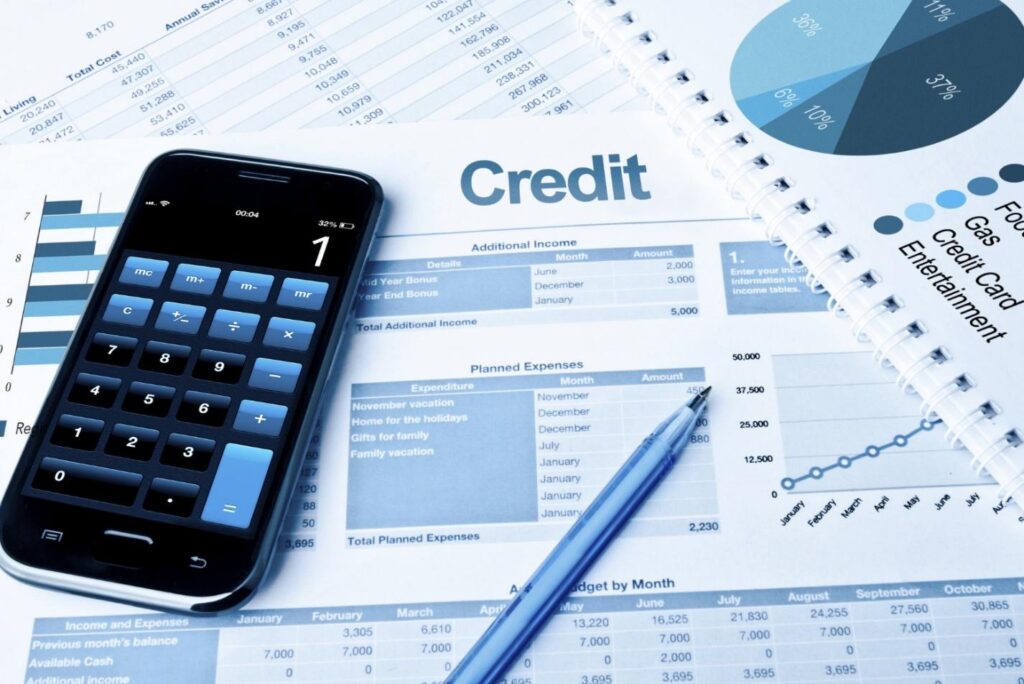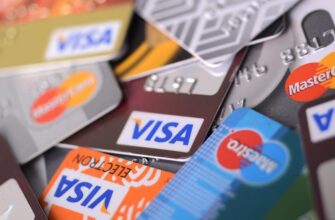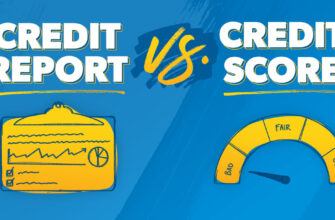When making a decision on whether to issue a loan to a person who has applied or not, banks rely mainly on an analysis of the solvency of a potential client. First, the borrower’s income level is examined. And, secondly, the indicator of a person’s debt load (what share of income is taken away by already existing payments, for example, on other loans, alimony, etc.). If the person who applied for a loan, according to the employees of a financial organization, has insufficient solvency, then the bank will not risk its assets and will refuse him a loan.
However, there are also secondary (sometimes very unobvious) factors, taking into account which, the bank can refuse a person a loan
How a person’s credit rating is affected:
- applying to several banks at once;
- guarantee for other loans;
- availability of unused credit cards;
- not until the end of closed loans with a microscopic debt;
- the habit of paying off loans ahead of schedule;
- undetected errors in the credit history;
- availability of non-credit debt;
- debts of close relatives.
- 1. Applying for a loan to several banks at once
- 2. Guarantee on another person’s loan
- 3. Availability of a credit card with a large limit
- 4. Excessively good credit history or financial situation
- 5. Inattention when paying off previous loans
- 6. Errors in credit bureaus and loans in your name issued by fraudsters
- 7. The presence of non-credit debts
- 8. Credit history of relatives
1. Applying for a loan to several banks at once
If you need a loan, you should not contact the service, which promises to send your completed application “immediately to all the leading banks in the country”. The fact is that the submission of applications to several credit institutions in the eyes of the bank’s security service looks suspicious. This is usually done by people who are in dire need of money, and who are all denied. Leaving applications in a variety of banks, they hope that at least one of them will lend them.
How will the bankers know that you have approached their competitors? When they receive your application, they will contact the credit bureau first. And these services store information not only about what loans you took and whether you were late on payments. There is data on all requests received from banks and MFIs (as well as all refusals to issue a loan).

Exceptions to this rule are made by security personnel or automatic scoring systems only for reliable credit brokers. For example, when applying for a car loan to an official dealer, sending applications to several banks at once is a common practice. The customer who makes out a loan for the purchase of a car gets the opportunity to choose the most profitable one from all the received offers.
If you have already made spam requests and the banks have refused, then it is better to submit the next request not earlier than in 2-3 months.
2. Guarantee on another person’s loan
You may have previously become a loan guarantor at the request of a relative or friend. At present, this circumstance does not bother you. The title borrower regularly makes payments on the loan, and the bank does not impose any penalties on you. You may even forget that you ever signed an agreement.
However, the current guarantee may become an obstacle to the registration of your own loan. After all, you already have financial obligations. If your friend has any problems, the obligation to pay for the loan issued to him may pass to you. And, perhaps, the bank to which you applied for a new loan will prefer to deal with a less risky borrower.

Naturally, the presence of a guarantee does not imply an automatic refusal to receive your own loan. Everything will be decided individually. Of great importance here will be the mutual ratio of the amount of your income, the amount under the guarantee agreement and the amount of the loan you requested.
Note that you will not be able to withdraw from the guarantee agreement unilaterally. If necessary, you can initiate procedures for replacing the guarantor. However, this will require the consent of the main borrower, the lender, and, of course, the new guarantor.
3. Availability of a credit card with a large limit
It is quite possible that you have issued a credit card or installment card just in case. You have quite a solid salary, and the bank has allocated you a limit of over 100 thousand on the card. However, you do not use the card. Accordingly, you have no debt to the bank, and you do not make any regular payments.

However, the very fact of having a credit card can also become an obstacle when making a consumer loan. After all, you can use it at any time, and the combined payments on a credit card and a new loan will be too much for you.
Therefore, before making a loan for a large amount, experts advise you to close all unnecessary credit cards in advance.
4. Excessively good credit history or financial situation
Let’s assume that you previously took out several loans and closed all of them ahead of schedule. By issuing you another loan, the bank does not risk facing non-payments. But the financial organization will also not be able to make money on such a client.
When issuing a loan, the bank will incur the costs of its registration and maintenance. By issuing a cash loan, the lender expects to get the desired profit after a certain time. And financially literate people destroy all the hopes of commercial banks (therefore, from an economic point of view, they are not profitable for them). So people who close loans ahead of schedule also sometimes face loan denial.
5. Inattention when paying off previous loans
You may have made a mistake when paying for one of your loans. So, one person who bought a tablet in installments, the money for the last installment went to the bank for more than 3 days, and as a result came late. In accordance with the concluded contract, the lender charged this client a fine for a late payment, which the person did not even know about. As a result, a small debt of was formed, which gradually began to accumulate penalties.
Not wanting to waste time collecting a small amount, the bank simply submitted information to the credit bureau about the existing uncovered loan. And soon the unlucky borrower was denied a loan to buy an expensive car.
Therefore, before applying for the next loan, you should make sure that you do not have any debts on previous loans.
6. Errors in credit bureaus and loans in your name issued by fraudsters
Your credit history may contain information about loans that you did not take out. And the presence of such erroneous information can also become an obstacle on the way to obtaining a loan.
You can find out in which bureaus your credit history is stored on the website of the State Service..
The most unpleasant situation that can happen is the registration of a loan in your name by fraudsters. When you sign numerous contracts or perform any actions on the Internet, you disclose your passport details. And if this data falls into the hands of attackers, then they will have the opportunity to issue a loan in your name. The easiest way to get a loan on someone else’s passport is to get a loan from MFIs that lend money remotely via the Internet.
If a person is faced with the fact that criminals have taken a loan in his name, then the refusal of the bank to issue a new loan will not be the biggest problem for him. In order not to pay off the loan, which he never took, a person will be forced to write a claim to the lender and apply to the police with a request to open a criminal case on the fact of fraud. To recognize the loan agreement invalid, a citizen will have to go to court and prove that he never received this money.
7. The presence of non-credit debts
When considering an application for a loan, financiers often inquire about the presence of a potential client’s unpaid debts on alimony, taxes, traffic police fines, utility bills, etc.The logic here is clear. If a citizen allows delays in the performance of his other financial obligations, then he is also able to make inaccurate contributions under the loan agreement.

Therefore, before submitting an application to the bank, it is not superfluous to familiarize yourself with the presence of unpaid fines and requirements.
8. Credit history of relatives
If a person who has applied to a financial institution has a zero credit history, then bankers can check the solvency of his relatives. The credit history bureau Equifax has even developed a special technique that allows you to predict the probability of default on a loan, depending on the quality of the credit history of the borrower’s relatives.
It is clear that such a technique will be used only in extreme cases, since solvency is an individual quality of a person. However, just in case, you should keep in mind that the probability of receiving a consumer loan can be affected by non-payments on loans of a relative (even if you rarely communicate with him).








